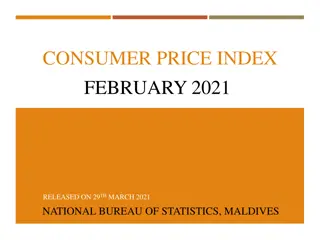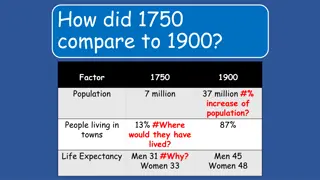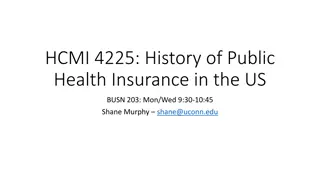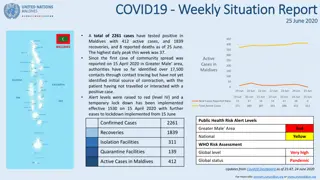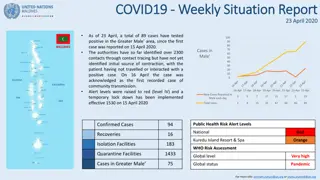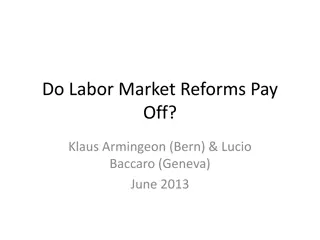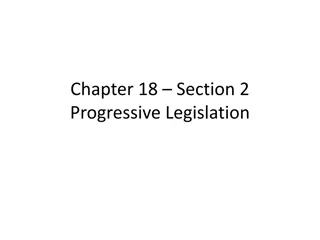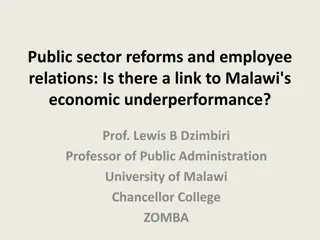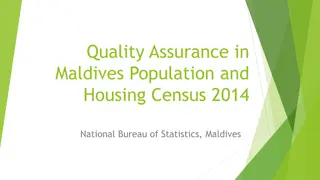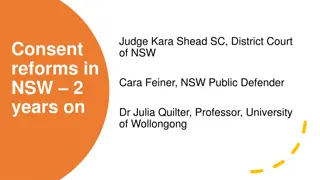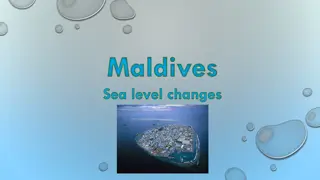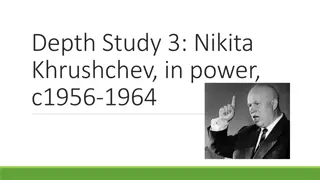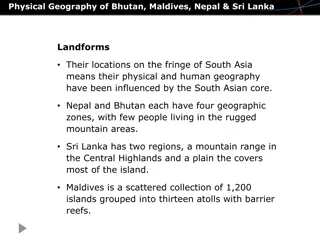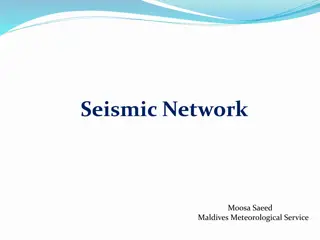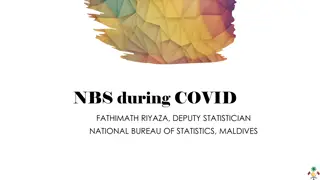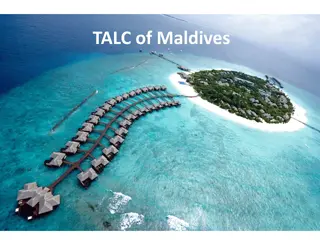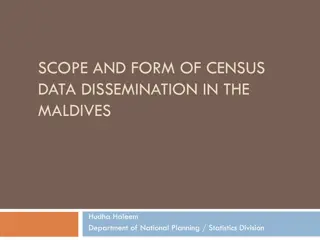Analyzing Education Policy Reforms in Maldives 1900-2015
This study aims to analyze key education policy reforms in the Maldives from 1900 to 2015, utilizing an extended policy trajectory framework. By examining policy influences, text production, and practices/effects, the research seeks to make an original contribution to policy studies for similar nations. Through a blend of historical and contemporary analysis, this study will shed light on the evolution of education policies in the Maldives and their impact on the education system. Research questions delve into global and national influences, features of key policy texts, policy production, and long-term outcomes of education policy developments.
Download Presentation

Please find below an Image/Link to download the presentation.
The content on the website is provided AS IS for your information and personal use only. It may not be sold, licensed, or shared on other websites without obtaining consent from the author.If you encounter any issues during the download, it is possible that the publisher has removed the file from their server.
You are allowed to download the files provided on this website for personal or commercial use, subject to the condition that they are used lawfully. All files are the property of their respective owners.
The content on the website is provided AS IS for your information and personal use only. It may not be sold, licensed, or shared on other websites without obtaining consent from the author.
E N D
Presentation Transcript
2 4 1 5 3 Literature Review Research Methods Candidature Plan Research Design Introduction
Aim To analyse key education policy reforms in the Maldives over the time period 1900- 2015 using an extended policy trajectory framework which includes policy influences, policy text production and policy practices/effects
Global No systematic analysis of the post- 1900 Maldivian education policyscape Many past policy actors at an advanced age The distinctive educational values, Maldivian experiences can corroborate findings elsewhere. the combination of historical and contemporary education policy analysis will make an original contribution to policy studies for similar nations National Enthusiasm towards policy studies during Master level studies and teaching systems and histories of Maldives will be better understood Past can act as an evidence base for future Personal
Literature Review Education Policy: Changing Ideologies & Globalisation What is policy? Types of policies Policy Analysis Policy as Text Policy as value-laden actions Policy as process Policy as discursive Material vs symbolic Incremental vs Rational Distributive vs redistributive Regulatory vs deregulatory Old Humanists Industrial Trainers Public Educators Globalisation and Neo-liberal Ideology Types Evolution of policy analysis
the lens through which the researcher views the reality of the whole policy trajectory the different phases of policy making and enactment (Ball, 1994). It constitutes the assumptions, values, methods and practices that underlie policy analysis.
the different phases of policy making and enactment (Ball, 1994) the context of political strategy the context of outcomes the context of practices/effect the context of policy text production the context of influence Ball, Rizvi & Lingard (2010) and Vidovich (2007; 2013)
Research questions 1. How have global and national influences affected education policy development in the Maldives between 1900 and 2015? 2. What were the features of the key policy texts in the evolution of education policy in the Maldives (1900 2015), and how were the policy texts produced? 3. What were the practices/effects stemming from each of the major education policy developments in the Maldives (1900 2015)? 4. What are the long-term outcomes and implications of historical and contemporary education policies in the Maldives for the future, especially with accelerating globalisation?
Research Methods Qualitative Research Historical Approach Contemporary Policy Analysis
Sampling Purposive sampling The researcher chooses the sample based on who she thinks would be appropriate for the study Snowball sampling
Which people and which documents? Documents Publications Announcements, curriculum documents, policy papers, annual reports, other studies, etc. All available literature Semi-structured interviews Policy actors: ministers, professional, administrative and technical staff of education (and other) sector(s). About 30 persons
Data analysis Yin s five phases: 1. Compiling 2. Disassembling 3. Reassembling 4. Interpreting 5. Concluding Analysis is non-linear, recursive
Critical discourse analysis Social conditions of production Process of production Description TEXT Interpretation Process of interpretation INTERACTION Explanation Social conditions of interpretation Discourse as text, interaction and context (after Fairclough, 1989; Thompson, 2005) CONTEXT
Time line 2013 2014 2015 2016 Jan- Mar Apr- Jun Jul-Sep Oct-Dec Jul-Sep Oct-Dec Jan-Mar Apr-Jun Jul-Sep Oct-Dec Jan- Mar Apr-Jun Literature Review Research Proposal Development of tools Data Collection Data Analysis Thesis Write-up Submission of thesis
END Thank you for your patience
ADDITIONAL DETAILS slides to answer specific questions that may arise
Critical discourse analysis Social conditions of production Process of production Description TEXT Interpretation Process of interpretation INTERACTION Explanation Social conditions of interpretation Discourse as text, interaction and context (after Fairclough, 1989; Thompson, 2005) CONTEXT
There are four* types of scholarship: 1. the scholarship of teaching, 2. the scholarship of discovery, 3. the scholarship of integration, and 4. the scholarship of application. *Glassick, Huber and Maeroff (1997)
Influences Shaded box influences frame the whole policy process Macro Macro Text horizontal arrows influences can feed into the policy text production from any direction arrows going up and down the interconnections between different levels of text production Intermediate Intermediate Text the size of the arrows the relative strength of the influence Micro Larger bold arrows coming down and small arrows going Micro Text when the polity elite are more influential in controlling the policy process (macro-level constraint) up Practice (Effects) micro oblique arrow connecting The power exerted by the grassroots level practitioners in interpreting the policies (micro-agency). micro influences and micro effects Amodified policy cycle. Source: Vidovich (2007, p.298)
1. Interaction of the processes and contexts that influence agenda setting 2. Exposure of the ideologies and values underlying policy issues and their proposed solutions 3. Effects of the policy and how policies are experienced by the people affected by them. Critical theory paradigm Policy trajectory approach 1. Critiques of structuralism 2. Rejection of the self- sufficiency of the structures that structuralism posits 3. Interrogation of the binary oppositions that constitute those structures. Post- structuralism
Participants Former & present ministers School heads Teachers Parents Students Local authority representatives Relevant outsiders with links to the education system
Limitations & Delimitations Documents on educational policy for the first five decades may not be available. Actors from the first and second decades of the 20th century are dead. Focus on key policies. Not all.
Ethical Considerations Fully complies with MNU ethics guidelines Consent to participate will be sought in writing before interviewing. After the data is collected and transcribed, the data will be shared with the participants to check for accuracy The identity of the participants will be kept confidential at all times. Digital recordings of the interviews will be kept safely locked or password protected The right to withdraw from the study at any point of time will be available to the participant throughout the study Participants will be kept comfortable and free from harm.


